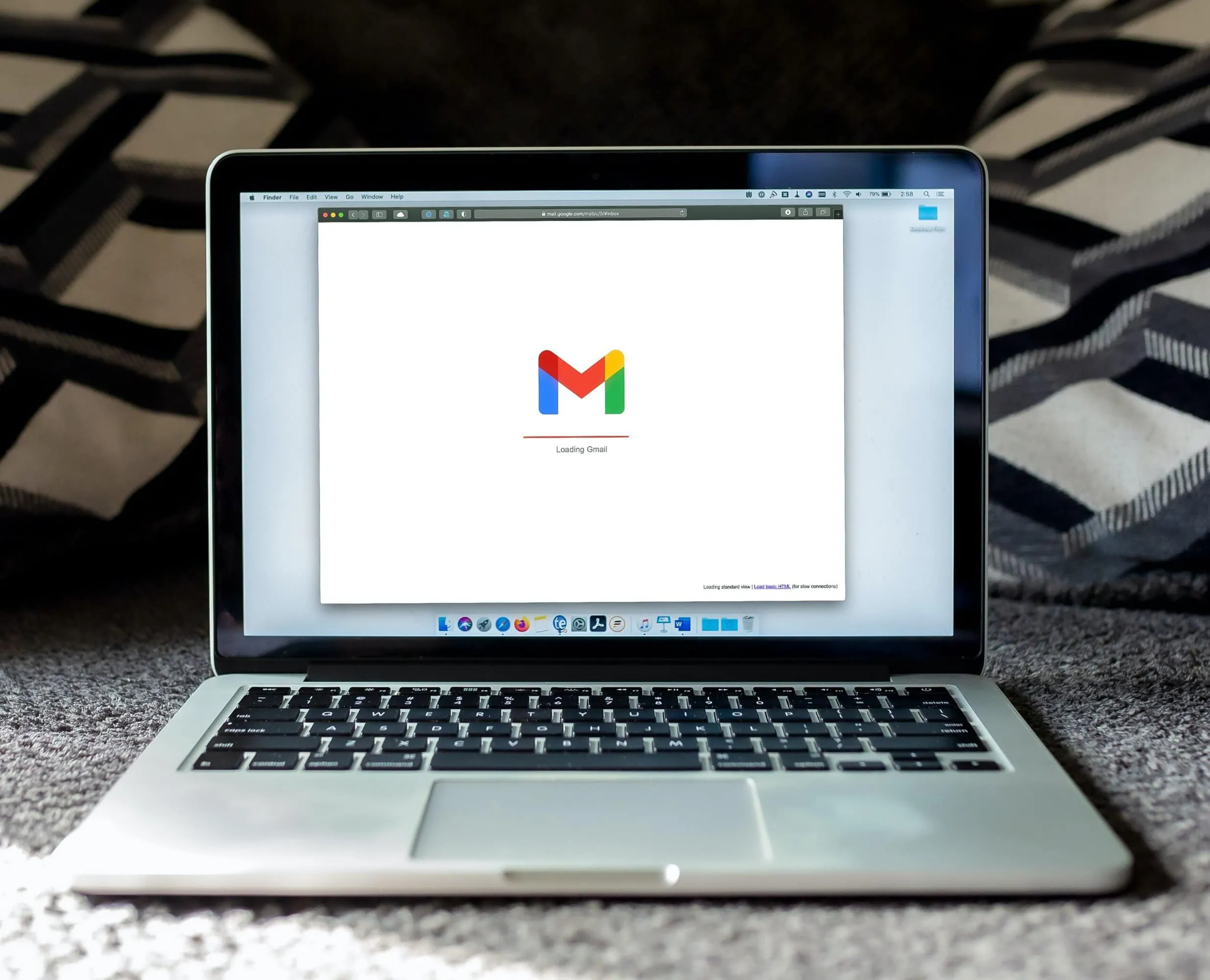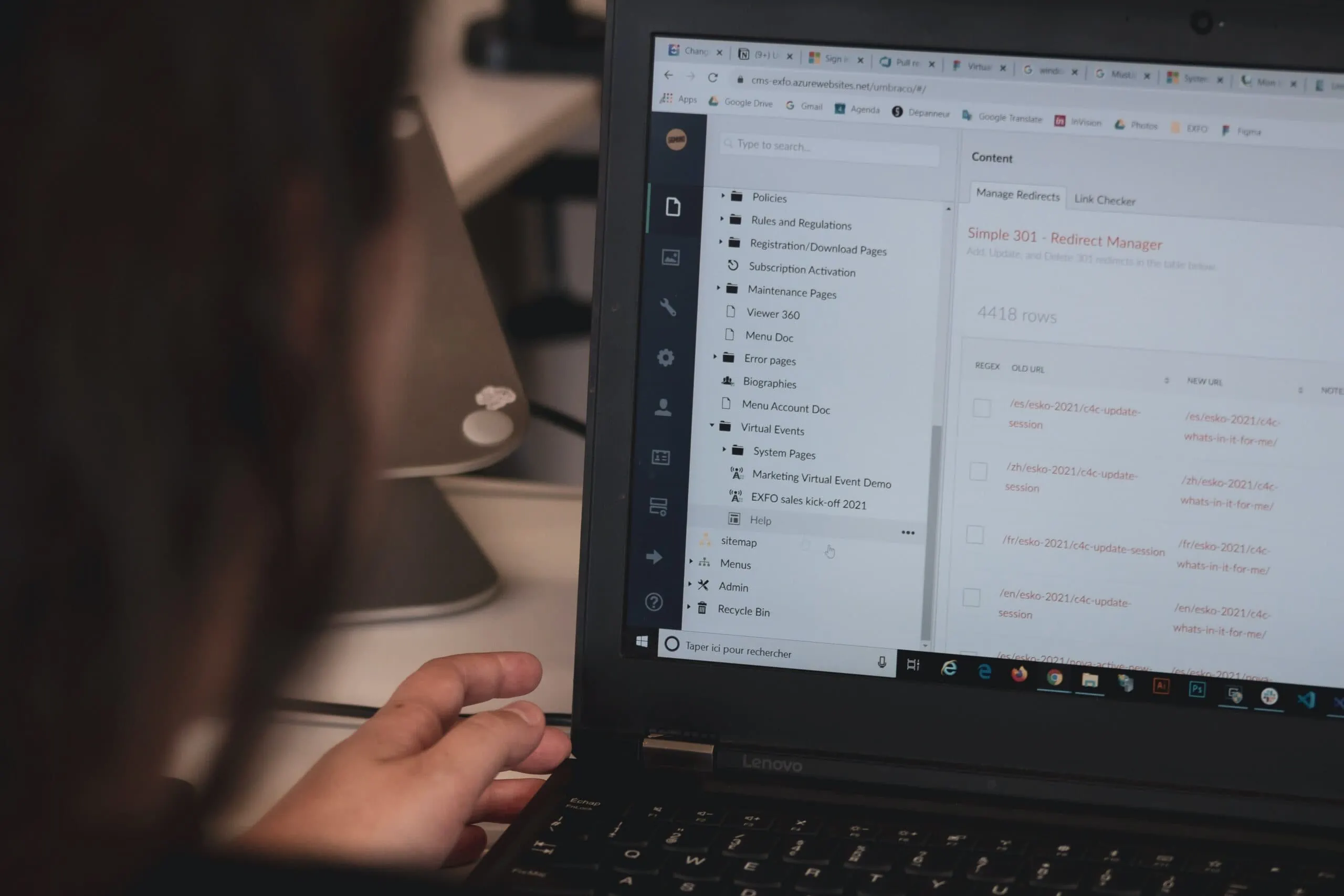Introduction: Is email secure for sensitive data?
Is email secure for sensitive data? This is a question that has been asked time and time again, especially in today’s digital age where data breaches and cyber attacks are becoming more common. With the increasing amount of sensitive information being shared through email, it’s important to understand the level of security that email provides.
Email is a convenient and efficient way to communicate, but it’s not always the most secure. While email providers have implemented various security measures to protect user data, there are still risks involved. In this blog post, we’ll explore the security of email when it comes to sensitive data and provide tips on how to keep your information safe.

Top 10 Ways to Ensure Email Security for Sensitive Data
Email is a convenient and efficient way to communicate, but it can also be a security risk if sensitive data is involved. To ensure email security, there are several steps you can take. First, use strong passwords and change them regularly. Second, enable two-factor authentication to add an extra layer of security. Third, encrypt your emails to protect them from prying eyes. Fourth, use a secure email service that offers end-to-end encryption. Fifth, be cautious when opening attachments or clicking on links in emails, as they may contain malware. Sixth, avoid sending sensitive data over public Wi-Fi networks. Seventh, use a virtual private network (VPN) to encrypt your internet connection. Eighth, keep your software and operating system up to date to prevent vulnerabilities. Ninth, use anti-virus and anti-malware software to protect your computer from threats. Tenth, educate yourself and your employees on email security best practices to prevent human error.

The Importance of Two-Factor Authentication for Email Security
Email is one of the most commonly used communication tools in the world. However, it is also one of the most vulnerable to cyber attacks. Hackers can easily gain access to your email account and steal sensitive information. This is where two-factor authentication comes in. Two-factor authentication is a security measure that requires users to provide two forms of identification before accessing their email account. This can be a password and a fingerprint, a password and a security question, or a password and a code sent to your phone.
Two-factor authentication is important because it adds an extra layer of security to your email account. It makes it much harder for hackers to gain access to your account, even if they have your password. This is because they would also need access to your phone or other form of identification. Two-factor authentication is especially important for businesses and organizations that deal with sensitive information. It can help prevent data breaches and protect confidential information. In conclusion, two-factor authentication is a simple yet effective way to protect your email account from cyber attacks. It is important to enable this feature on all your email accounts to ensure the safety of your personal and professional information.

The Role of Employee Training in Maintaining Email Security for Sensitive Data
Email is a common mode of communication in the workplace, and it is often used to share sensitive data. However, email security is a major concern for organizations, as cybercriminals are always looking for ways to gain unauthorized access to sensitive information. This is where employee training comes in. By providing regular training sessions on email security, organizations can ensure that their employees are aware of the risks associated with email communication and are equipped with the knowledge and skills to maintain email security.
Employee training can cover a range of topics, including how to identify phishing emails, how to create strong passwords, and how to use encryption tools. By providing employees with the necessary training, organizations can reduce the risk of data breaches and other security incidents. Additionally, regular training sessions can help to reinforce the importance of email security and ensure that employees remain vigilant when it comes to protecting sensitive data. In conclusion, employee training plays a crucial role in maintaining email security for sensitive data, and organizations should prioritize this aspect of cybersecurity to protect their valuable information.
The Future of Email Security: Trends and Technologies to Watch for Protecting Sensitive Data
Email is one of the most commonly used communication tools in the world, but it is also one of the most vulnerable to cyber attacks. As technology continues to evolve, so do the threats to email security. To protect sensitive data, it is important to stay up-to-date on the latest trends and technologies in email security.
One trend to watch for is the use of artificial intelligence (AI) and machine learning (ML) to detect and prevent cyber attacks. These technologies can analyze large amounts of data and identify patterns that may indicate a potential threat. Another trend is the use of multi-factor authentication (MFA) to verify the identity of the sender and recipient of an email. This can help prevent unauthorized access to sensitive information. Additionally, encryption technologies are becoming more advanced, making it more difficult for hackers to intercept and read emails. As email security continues to evolve, it is important to stay informed and take proactive measures to protect sensitive data. Overall, the future of email security is promising, with new technologies and trends emerging to combat cyber threats. By staying informed and implementing best practices, individuals and organizations can protect themselves from potential attacks and safeguard their sensitive data.
Best Practices for Creating Strong Passwords to Protect Sensitive Data in Email
In today’s digital age, it’s more important than ever to create strong passwords to protect sensitive data in email. Cybercriminals are becoming increasingly sophisticated in their methods of hacking into email accounts, and weak passwords are an easy target. To ensure the safety of your personal and professional information, it’s crucial to follow best practices for creating strong passwords.
First and foremost, a strong password should be at least 12 characters long and include a mix of uppercase and lowercase letters, numbers, and symbols. Avoid using common words or phrases, as these can be easily guessed by hackers. Instead, consider using a passphrase that is easy for you to remember but difficult for others to guess. Additionally, it’s important to use a unique password for each of your email accounts and to change them regularly. By following these best practices, you can help protect your sensitive data and keep your email accounts secure.

Why Email Archiving is Essential for Compliance and Security of Sensitive Data
Email archiving is a crucial aspect of data management for businesses that handle sensitive information. Compliance regulations require companies to retain certain types of data for a specific period, and email archiving ensures that this data is stored securely and can be easily accessed when needed. Additionally, email archiving helps protect against data breaches and cyber attacks by providing a backup of all email communications.
By archiving emails, businesses can also monitor and track employee communications to ensure that they are following company policies and regulations. This can help prevent insider threats and ensure that sensitive information is not being shared with unauthorized parties. Furthermore, email archiving can help businesses save time and resources by providing a centralized location for all email communications, making it easier to search and retrieve specific messages.

Conclusion: Is Email Secure for Sensitive Data?
Is Email Secure for Sensitive Data? In conclusion, the security of email for sensitive data is a complex issue that requires careful consideration. While email is a convenient and widely used communication tool, it is not always the most secure option for transmitting sensitive information. There are many factors that can compromise the security of email, including hacking, phishing, and human error.
To ensure the security of sensitive data, it is important to use encryption and other security measures when sending emails. Additionally, it is important to educate employees and users about the risks of email and how to protect sensitive information. While email can be a useful tool for communication, it is important to use it responsibly and with caution when dealing with sensitive data. By taking these steps, we can help to ensure the security of our sensitive information and protect ourselves from potential threats.





